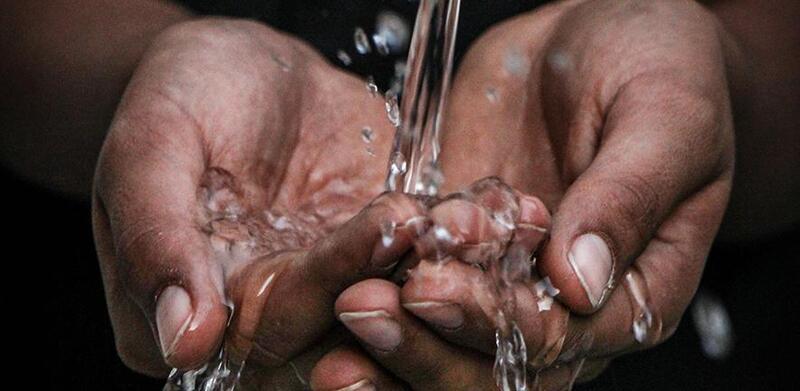
GEIPP Forum on Eco-Industrial Parks opens in Egypt
The Global Eco-Industrial Parks Program (GEIPP) Forum kicked off in Egypt on May 20 with ...

Cambridge University researchers developed curricula for Indian schools in order to teach school children about sustainability issues, topped by water scarcity and climate change.
The curricula aim at incorporating engagement with climate change and climate activism into their lessons.
‘Pani Pahar – the Water Curriculum’ was jointly developed by researchers at the University of Cambridge and the Hearth Education Advisors, a division of Canta Consultants LLP.
It is designed for students between the ages of 9 and 15, and is now freely available to students, teachers and schools. The aim of the curriculum is to engage students in experiential learning and to instil in them a sense of responsibility towards water conservation.
The curriculum has grown out of ‘Pani, Pahar – Waters of the Himalayas’, a collaborative research project between the University of Cambridge, The Center for Ecology Development and Research in India (CEDAR) and Southasia Institute for Advanced Studies in Nepal (SIAS).
The project explores the changing landscapes and escalating water crises of the Indian Himalayas. It combines academic research led by Professor Bhaskar Vira and Dr Eszter Kovacs from Cambridge’s Department of Geography with contemporary imagery by photojournalist Toby Smith, which has been exhibited in the UK and India.
The curriculum aims to help students understand water resources and sustainability and how these are impacted by climate change.
The detailed lesson plans encourage reflection and research on the human causes of water scarcity, and some of the effects of environmental change on humans and our shared resources.
It also helps students understand the meaning of activism, recognize some of the challenges associated with activism, and begin to associate activism with the needs and issues of their school.
“These school materials are designed to allow young people, who are highly mobilized through the school strikes for climate, to develop a critical engagement with these issues, with learning resources and educational materials that are targeted at different stages of the secondary school curriculum,” said Vira.
“We wanted to show the links between our research on water scarcity and broader concerns about environmental change and crises.”
The curriculum has three sets, one for each level, each involving a 10-hours contact time with the students. The curriculum is targeted at students of junior, middle and senior level.
The curriculum was launched in India earlier this week, although Vira says it could easily be incorporated into the school systems of other countries, including the UK.
The Global Eco-Industrial Parks Program (GEIPP) Forum kicked off in Egypt on May 20 with ...
The Faculty of Medicine at Mansoura University has taken a significant step towards environmental sustainability ...
Egyptian Minister of Education and Technical Education Dr. Reda Hegazy headed on Sunday morning to ...


اترك تعليقا